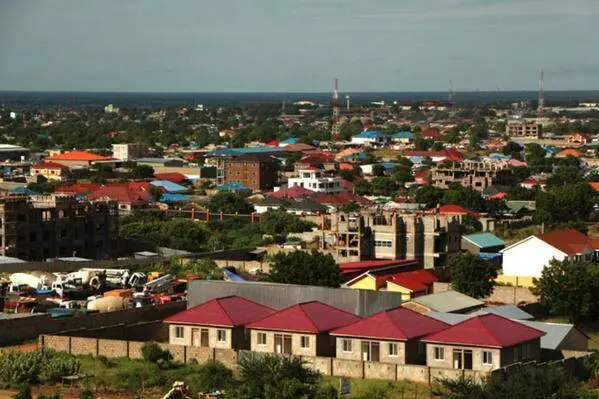Housing laws in South Sudan are still developing, as the country continues to rebuild its legal and institutional frameworks following decades of conflict. Here’s an overview of the current state of housing-related laws and issues:
1. Legal Framework
- Transitional Constitution (2011, amended 2015): It provides a basis for property rights, including the right to own property and the protection against arbitrary eviction.
- Land Act (2009): This is one of the most important legal documents related to housing and land. It recognizes three types of land ownership: public, community, and private. It also outlines land administration structures and dispute resolution processes.
- Local Government Act (2009): Gives local authorities responsibilities over land administration, urban planning, and service delivery, including housing.
- Civil Code (still evolving): Some remnants of pre-independence Sudanese law may still apply in the absence of newer, context-specific legislation.
2. Customary Law and Practices
- Customary law plays a significant role, especially in rural areas. Chiefs and community leaders often manage land allocation and housing disputes.
- Customary tenure systems are recognized in practice but not always codified, which can lead to legal ambiguity, especially in urban or peri-urban settings.
3. Key Housing Challenges
- Lack of Formal Housing Policy: South Sudan currently lacks a comprehensive national housing policy.
- Informal Settlements: Many urban dwellers live in informal settlements without legal tenure or adequate services.
- Displacement and Returnees: Ongoing displacement due to conflict and climate shocks means many people live in temporary or inadequate shelter, including IDP camps.
- Access to Land and Housing Finance: Very limited access to credit or mortgage systems. Most housing is self-built.
- Evictions: Arbitrary and forced evictions have been reported, often without due legal process.
4. Efforts and Recommendations
- The government, with support from international organizations like UN-Habitat and the Norwegian Refugee Council (NRC), is working to improve land tenure security and urban planning.
- There’s a need for updated, inclusive housing laws and policies that reflect both statutory and customary systems.



